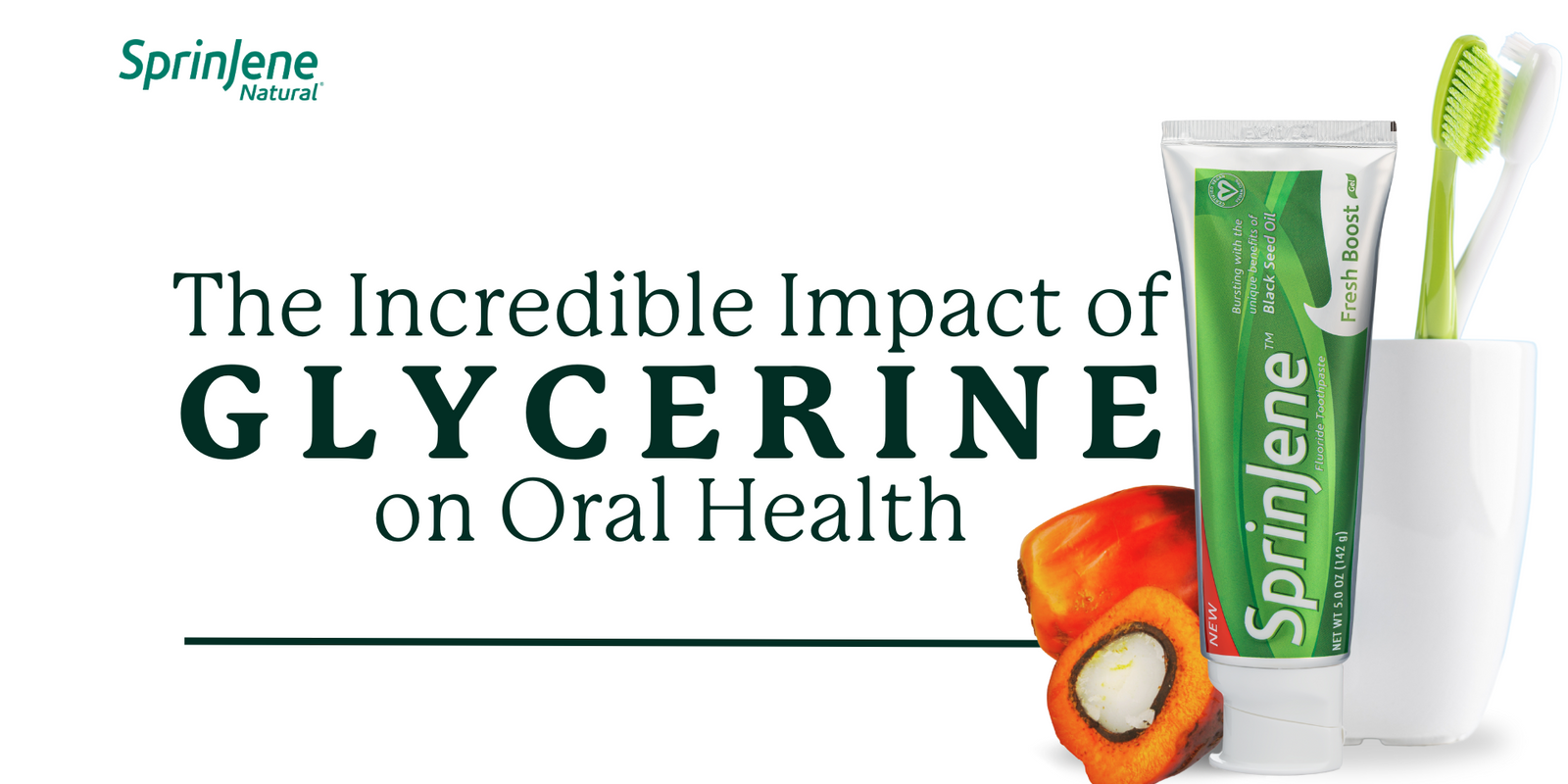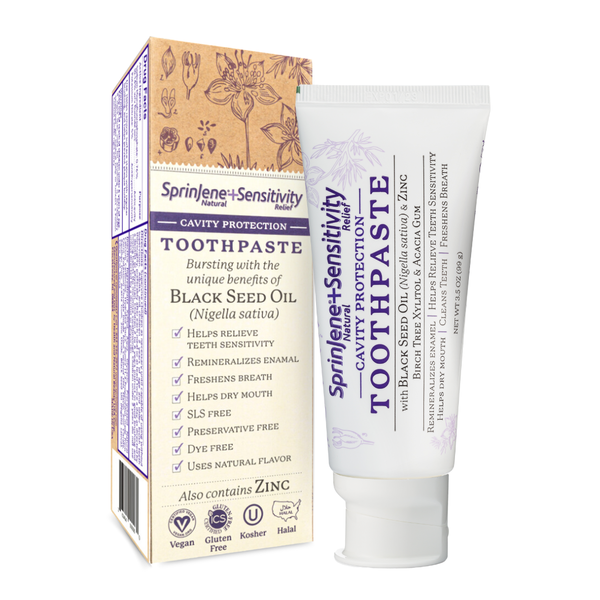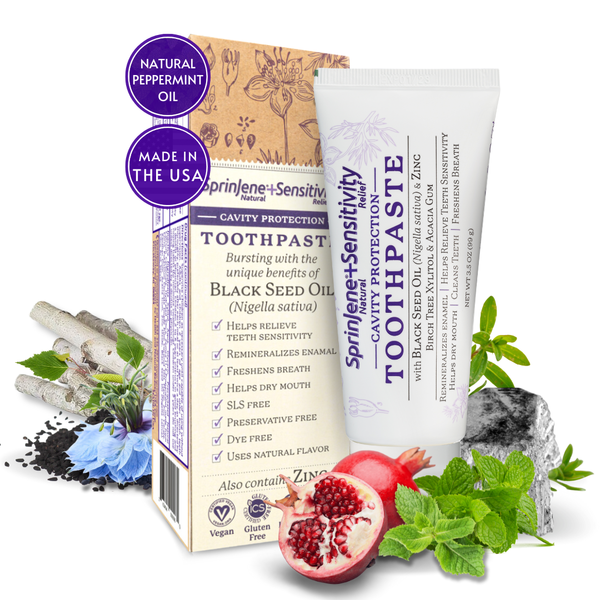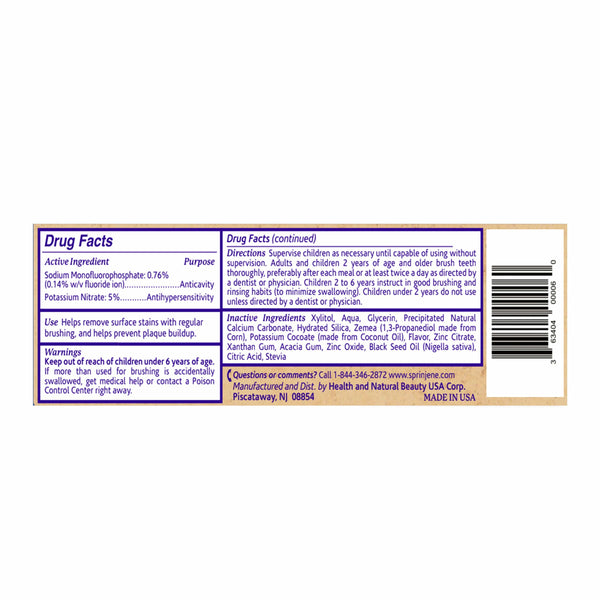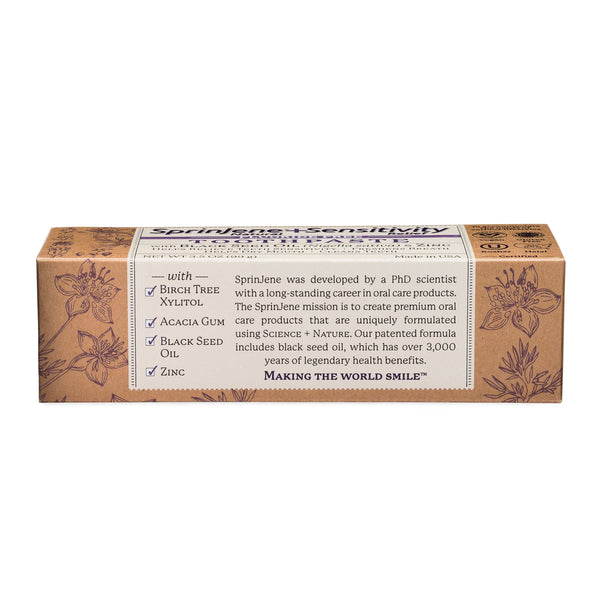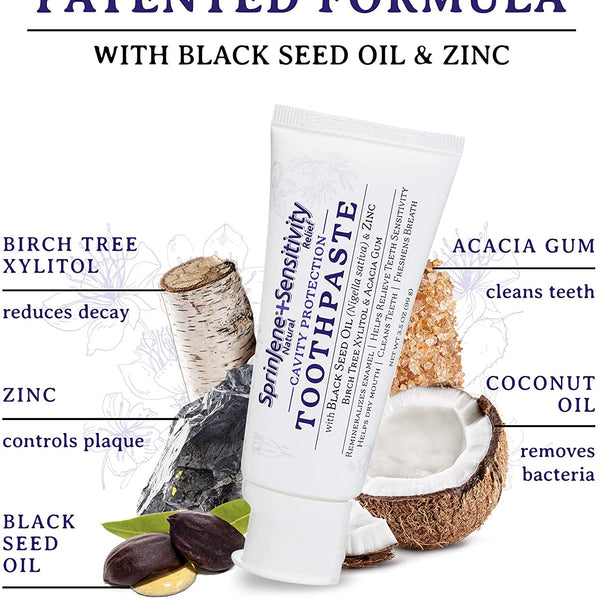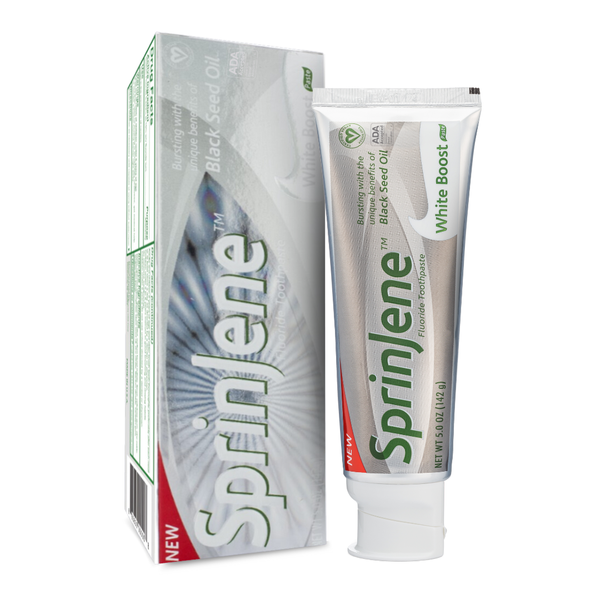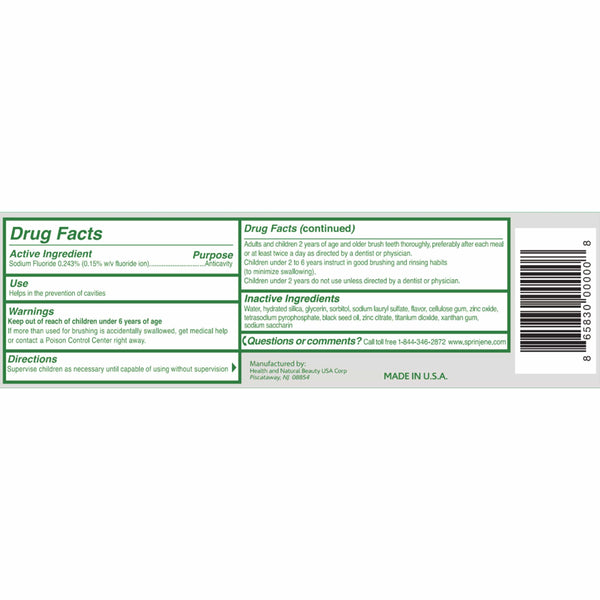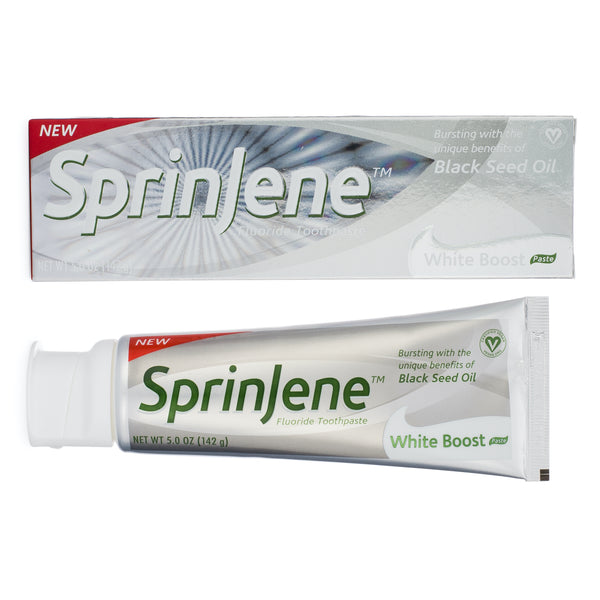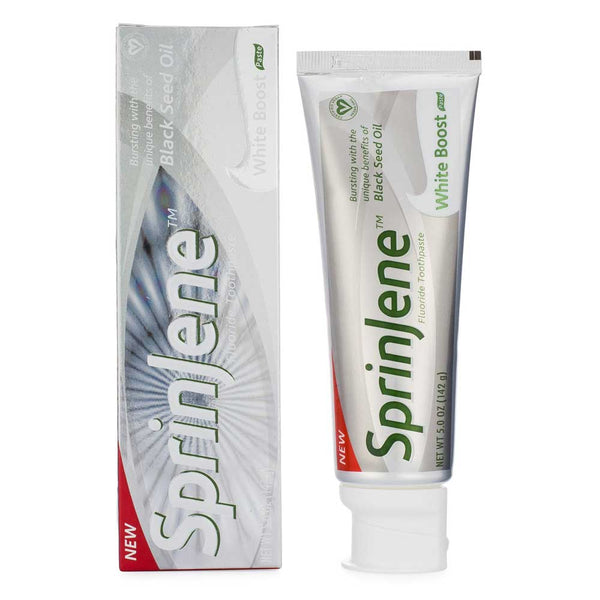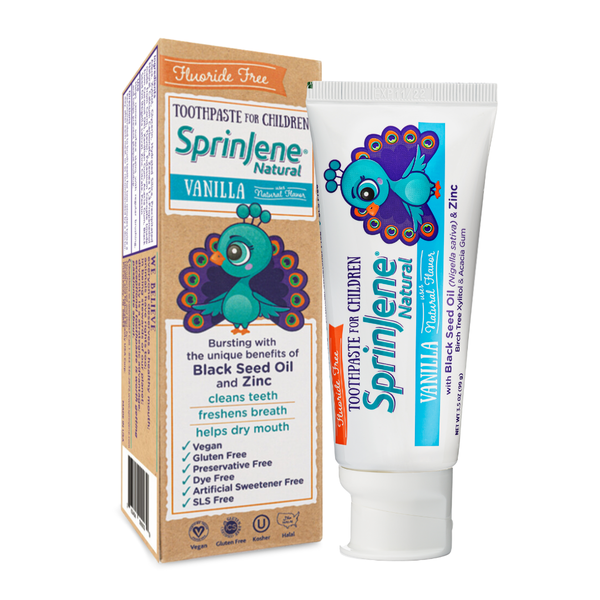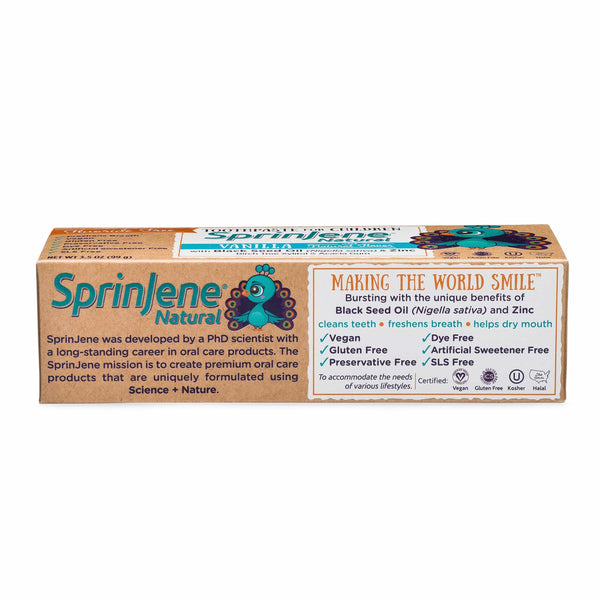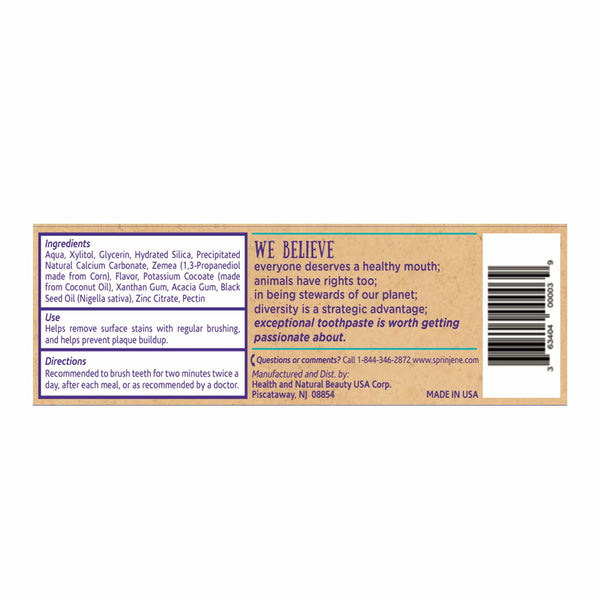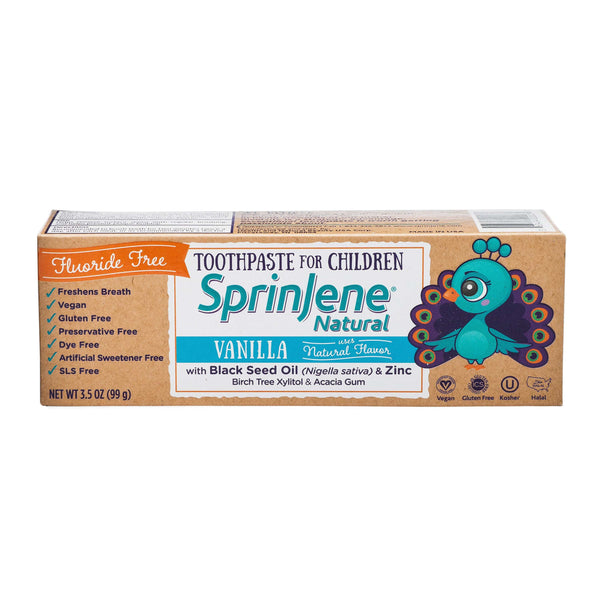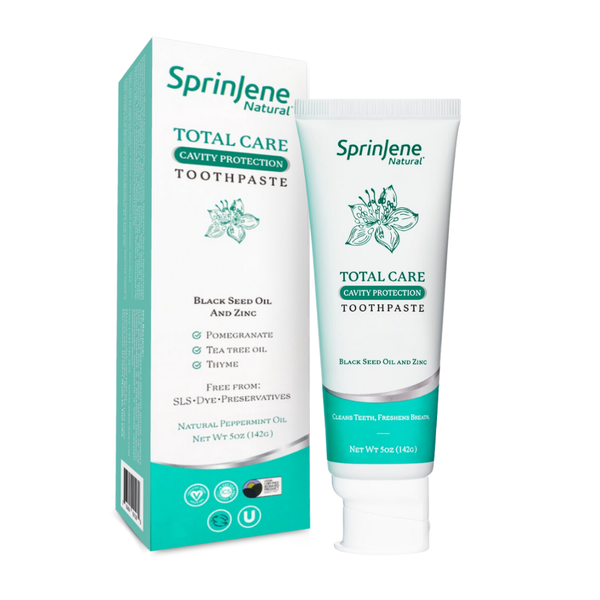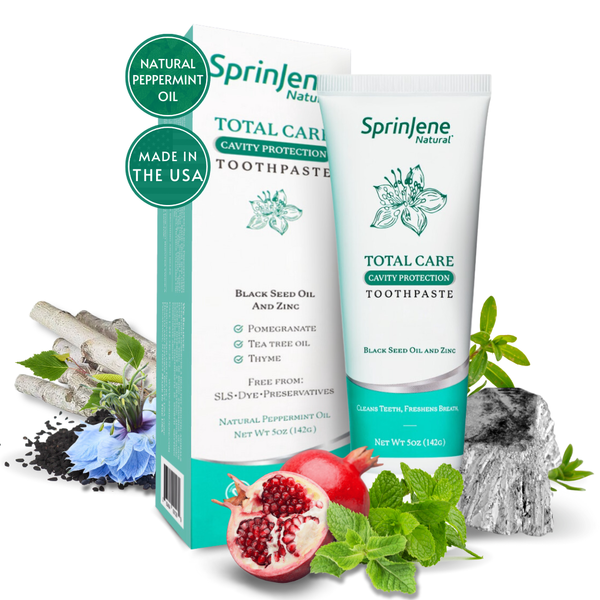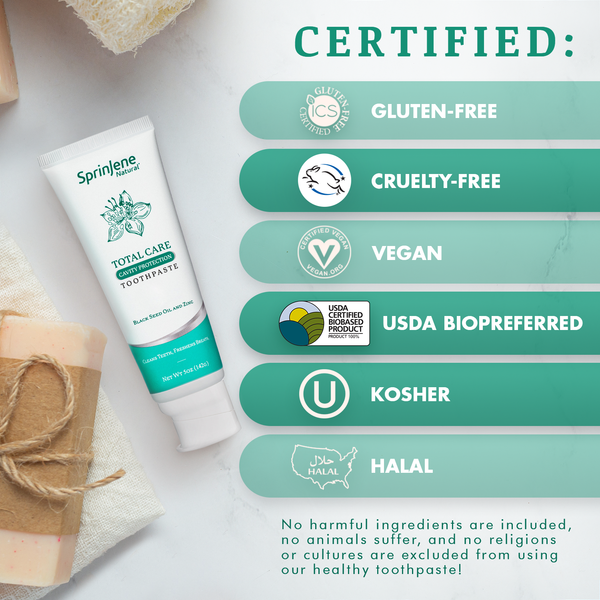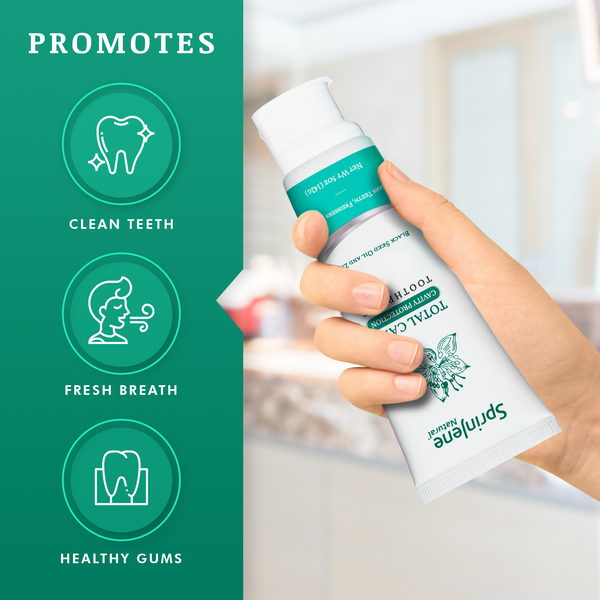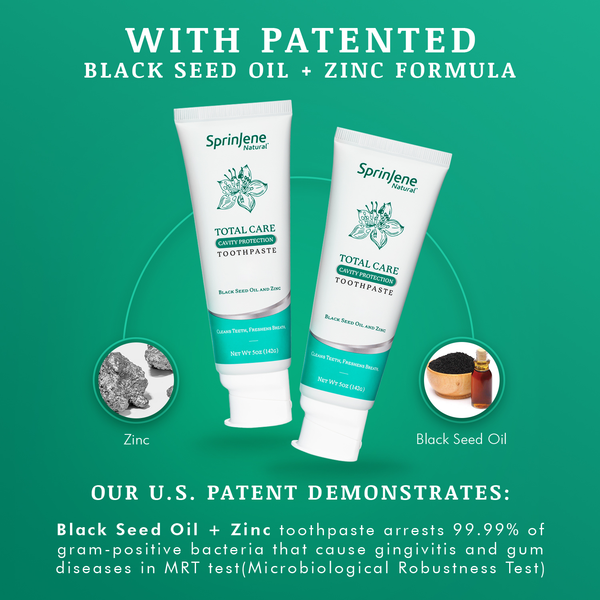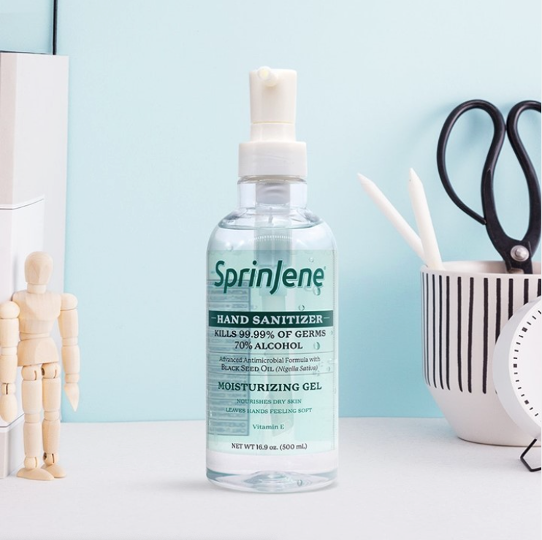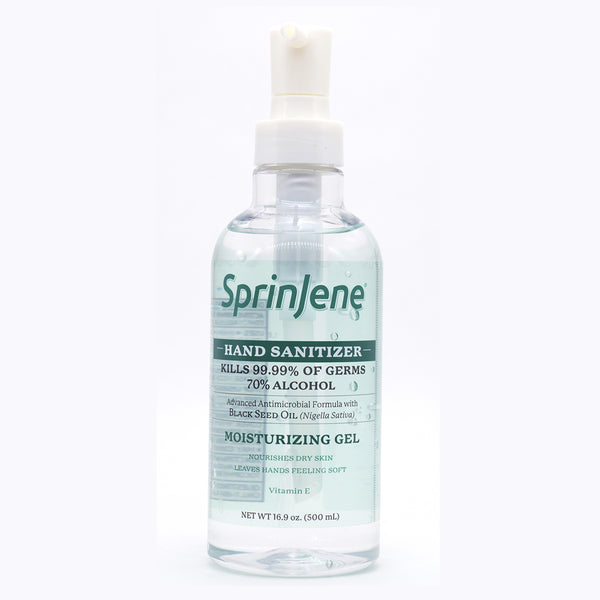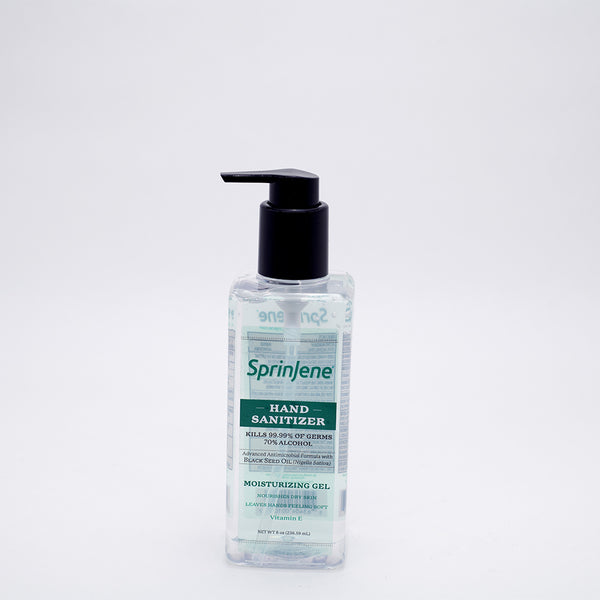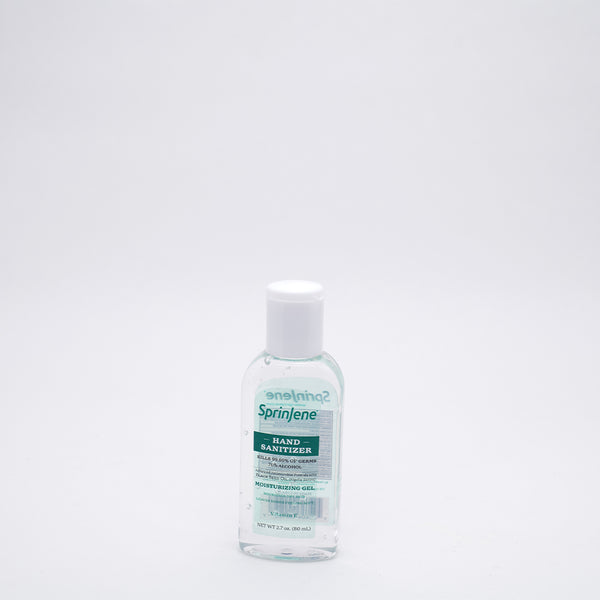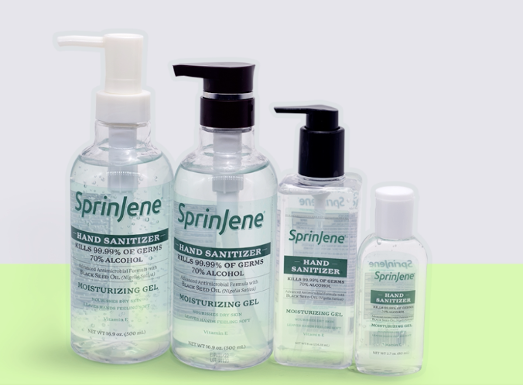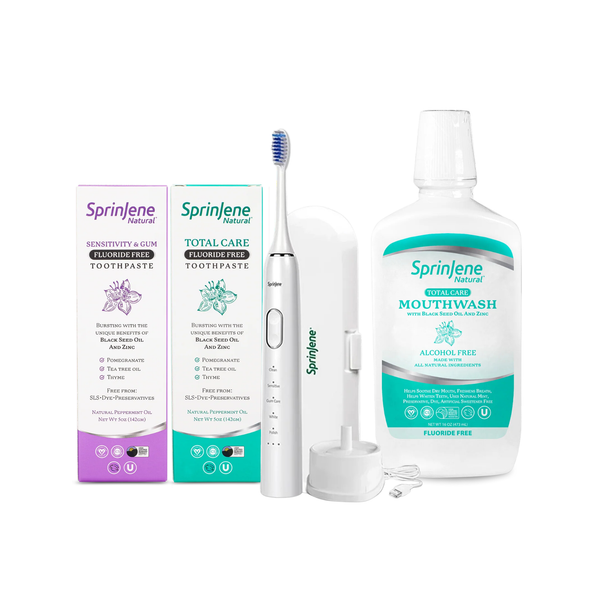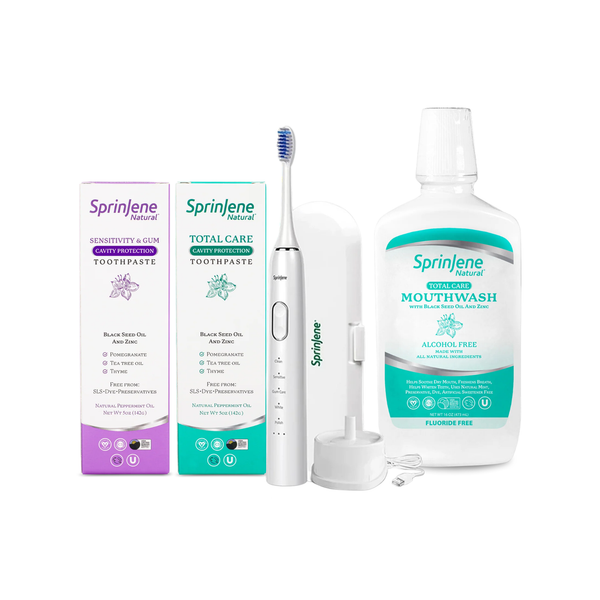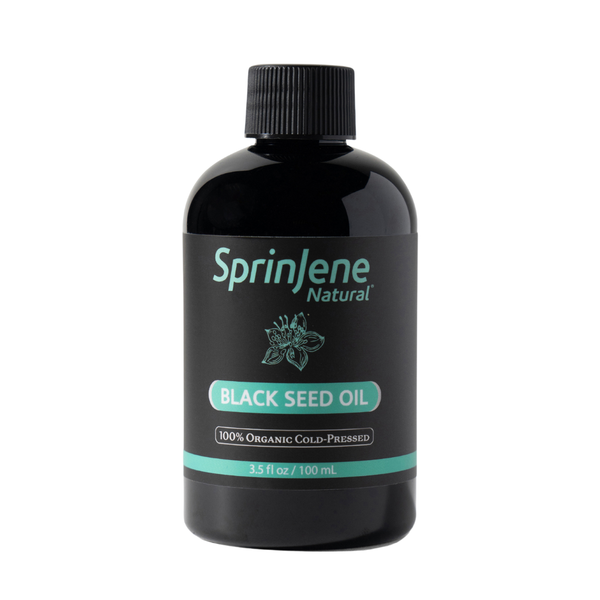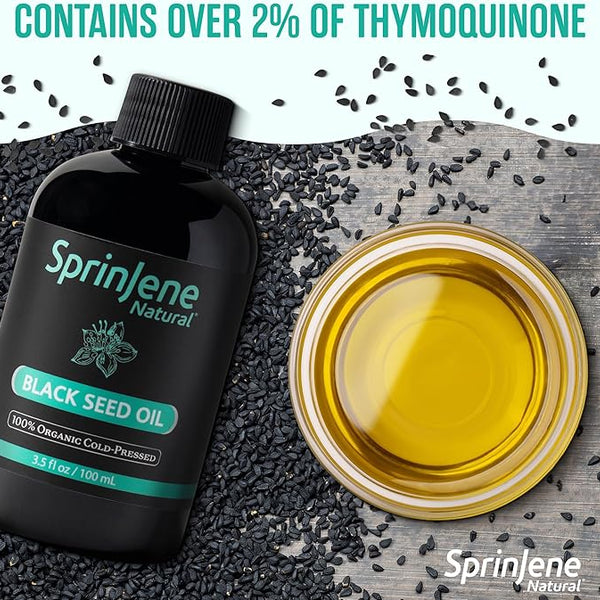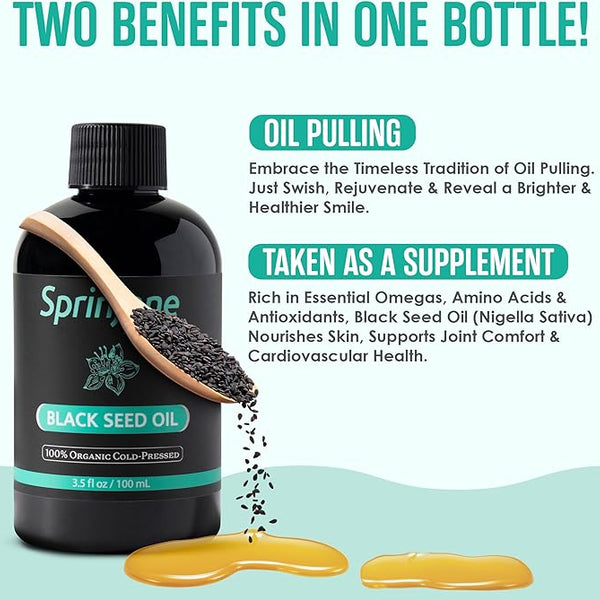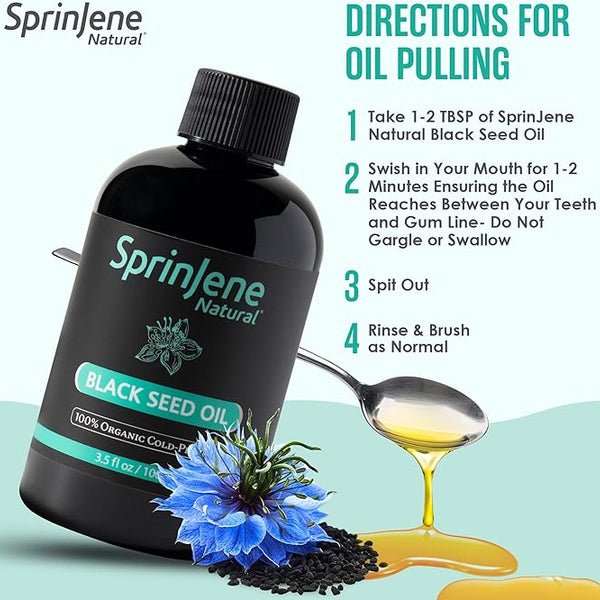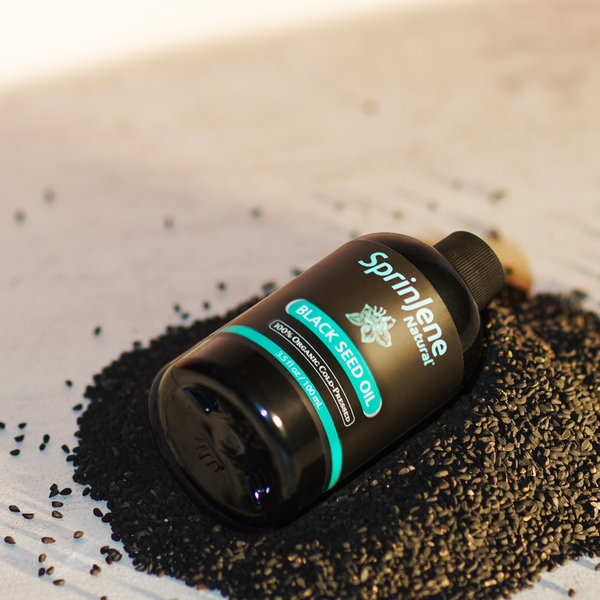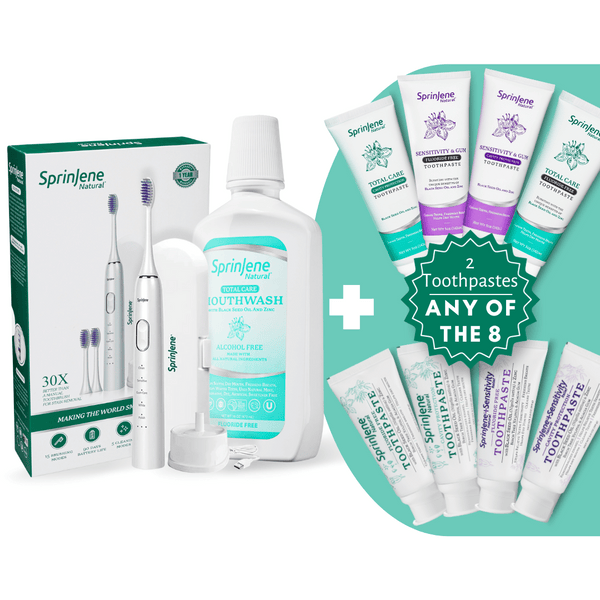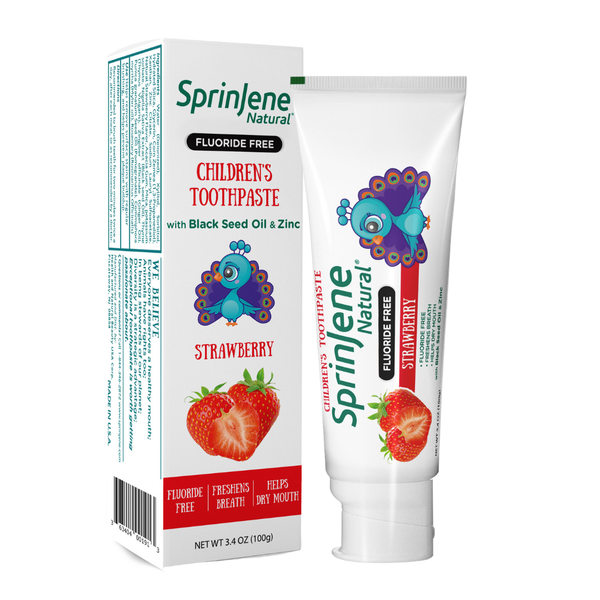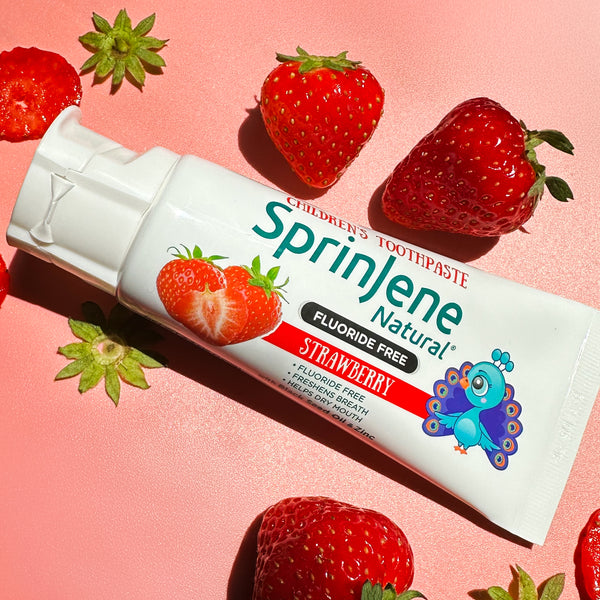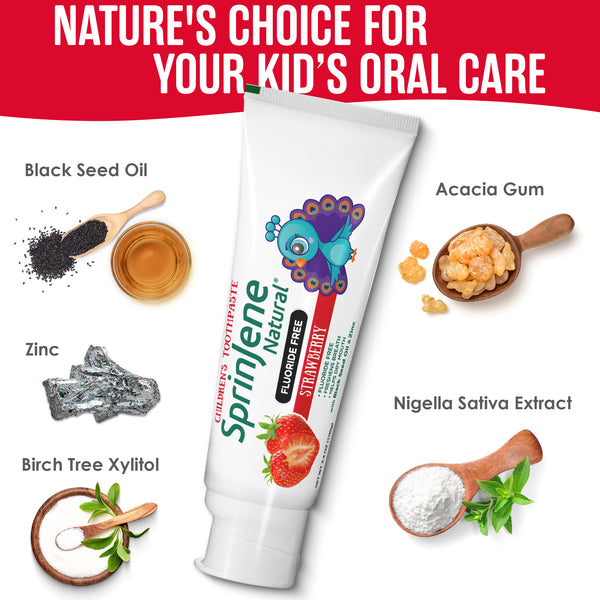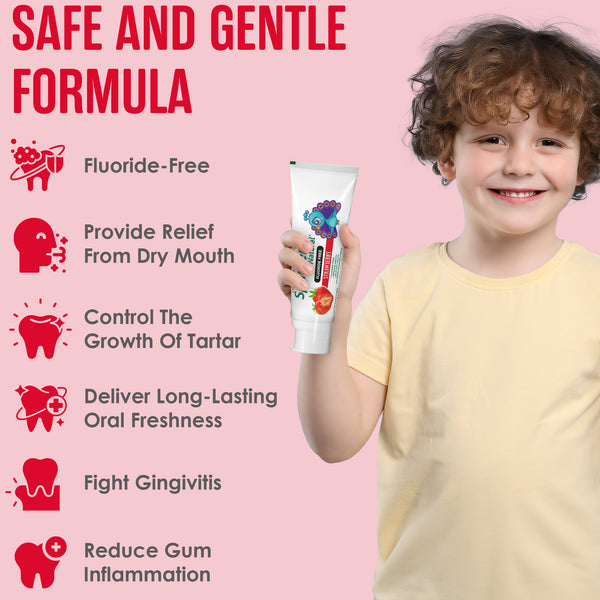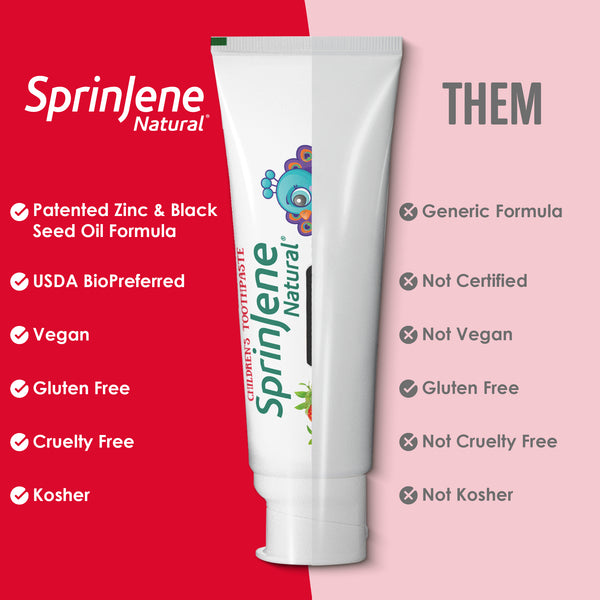Glycerin is a versatile compound that has been used in a variety of industries and products for many years. One of its most notable uses is in oral care products, specifically toothpaste. In recent years, there has been growing interest in the benefits of glycerin for oral health. In this article, we will explore the benefits of glycerin in oral health and the advantages of using toothpaste that contains glycerin.
What is Glycerin?
Glycerin, or glycerol, is a versatile and multifaceted substance that exists as a clear, colorless, and odorless liquid. It is obtained from animal and plant sources and belongs to the class of trihydroxy sugar alcohols due to its chemical composition, consisting of three hydroxyl groups. These groups are responsible for the unique characteristics of glycerin that make it widely used across different industries.
The food industry is one of the primary sectors that utilize glycerin, serving various functions. As a sweetener, it is added to foods and beverages to enhance their taste. It also acts as a humectant by retaining moisture and preventing food from drying out. Additionally, glycerin functions as a preservative by inhibiting bacterial growth and extending the shelf life of food products.
In the pharmaceutical industry, glycerin is used for its excellent solvent properties, allowing it to dissolve many substances that are insoluble in water. It is also used as a lubricant in tablets and capsules to prevent them from sticking to machinery during production. Glycerin is a common component of suppositories due to its ability to act as a base, forming a solid structure upon cooling.
The cosmetic industry has also recognized the benefits of glycerin, and it is commonly used in various products such as lotions, creams, and soaps. It functions as a moisturizer by drawing water into the skin and retaining moisture, keeping the skin hydrated and supple. Glycerin also acts as a humectant in cosmetics, helping to prevent the products from drying out and becoming brittle. Furthermore, it serves as a thickener by increasing the viscosity of products and improving their texture.
In summary, due to its unique properties, glycerin is a valuable and widely used substance in various industries. Its versatility makes it a popular ingredient in food, pharmaceutical, and cosmetic products, where it serves several functions, such as sweetening, moisturizing, lubricating, and thickening.

Benefits of Glycerin in Oral Health
Glycerin has several benefits for oral health. These benefits are related to its unique properties, which include its ability to retain moisture, prevent bacterial growth, and promote healthy gums.
Moisturizes the Mouth
One of the most important benefits of glycerin in oral health is its ability to moisturize the mouth. Glycerin is a humectant, meaning it can attract and retain water molecules. When used in oral care products, glycerin helps to keep the mouth moist and prevents dryness. Dryness of the mouth can lead to several oral health problems, including bad breath, tooth decay, and gum disease.
Prevents Bacterial Growth
Another benefit of glycerin in oral health is its ability to prevent bacterial growth. Bacteria are one of the main causes of oral health problems, including tooth decay and gum disease. Glycerin has been shown to inhibit the growth of several bacteria commonly found in the mouth. This helps to maintain a healthy oral environment and prevent the development of oral health problems.
Promotes Healthy Gums
Glycerin also promotes healthy gums by reducing inflammation and promoting healing. Gum inflammation is a common problem that can lead to gum disease and tooth loss. Glycerin has anti-inflammatory properties that help to reduce gum inflammation and promote healing. Additionally, it helps to stimulate collagen production, an essential component of healthy gum tissue.
Improves Tooth Sensitivity
Tooth sensitivity is a common problem that affects many people. It is characterized by pain or discomfort when eating or drinking hot, cold, or sweet foods and beverages. Glycerin can help to improve tooth sensitivity by forming a protective layer over the teeth. This layer helps to insulate the teeth from temperature changes and prevent the sensation of pain or discomfort.
Enhances Cleaning Power
Toothpaste that contains glycerin has enhanced cleaning power. Glycerin helps to bind the ingredients in toothpaste together, which creates a smooth and creamy texture. This texture helps the toothpaste to spread evenly across the teeth and gums and improves its ability to clean the mouth.
Prevents Dry Mouth
As mentioned earlier, glycerin can retain moisture. This property is particularly beneficial in toothpaste because it helps to prevent dry mouth. Dry mouth is a common problem that can lead to bad breath, tooth decay, and gum disease. Toothpaste that contains glycerin helps to keep the mouth moist and prevent dryness.
Reduces Plaque Buildup
Plaque is a sticky film of bacteria that forms on the teeth and gums. It is one of the main causes of tooth decay and gum disease. Toothpaste that contains glycerin has been shown to reduce plaque buildup on the teeth and gums. This is because glycerin inhibits the growth of bacteria and helps to keep the mouth clean and healthy.
Provides a Fresh Breath
Toothpaste that contains glycerin provides fresh breath. Glycerin has a sweet taste that helps to mask unpleasant odours in the mouth. Additionally, it helps to reduce the production of volatile sulfur compounds (VSCs), which are responsible for bad breath.
How to Use Glycerin Toothpaste
To get the most benefits from glycerin toothpaste, it is important to use it correctly. Here are some tips for using glycerin toothpaste:
- Use a pea-sized amount of toothpaste.
- Brush your teeth for at least two minutes, twice a day.
- Spit the toothpaste out after brushing. Do not rinse your mouth with water immediately after brushing.
- Use a soft-bristled toothbrush and brush gently to avoid damaging your teeth and gums.
- Visit your dentist regularly for checkups and cleanings.
Glycerin is a versatile compound that has several benefits for oral health. When used in oral care products, glycerin helps to moisturize the mouth, prevent bacterial growth, and promote healthy gums. Toothpaste that contains glycerin offers several benefits for oral health, including improved tooth sensitivity, enhanced cleaning power, prevention of dry mouth, reduction of plaque buildup, and fresh breath. By using glycerin toothpaste correctly, you can maintain a healthy and clean mouth and prevent oral health problems.
SprinJene Toothpaste is a popular brand of toothpaste that is well-known for its use of natural and effective ingredients. One of the key ingredients in SprinJene Toothpaste is glycerine, which provides numerous benefits for oral health. In this article, we will discuss the benefits of glycerine in SprinJene Toothpaste.

Common Oral Health Problems
Maintaining good oral health is essential for overall health and well-being. Poor oral hygiene can lead to various dental and oral health problems that can cause pain, discomfort, and even tooth loss. This article will discuss some of the most common oral health problems and how to prevent them.
Tooth Decay
Tooth decay, also known as dental caries, is one of the most common oral health problems. It occurs when bacteria in the mouth break down sugars and starches, producing acid that can erode the tooth enamel. Over time, this can lead to cavities and tooth decay.
Prevention:
To prevent tooth decay, it is important to practice good oral hygiene, including brushing twice a day with fluoride toothpaste, flossing daily, and using mouthwash. Avoid sugary and acidic foods and drinks, and visit your dentist regularly for checkups and cleanings.
Gum Disease
Gum disease, also known as periodontal disease, is an infection of the gums that can lead to tooth loss if left untreated. It is caused by the buildup of plaque and tartar on the teeth, which can irritate the gums and lead to inflammation and infection.
Prevention:
To prevent gum disease, it is important to practice good oral hygiene, including brushing twice a day with fluoride toothpaste, flossing daily, and using mouthwash. Quitting smoking and limiting alcohol and sugary foods can also help prevent gum disease. Regular visits to the dentist for checkups and cleanings are also essential.
Bad Breath
Bad breath, also known as halitosis, is a common oral health problem that can be embarrassing and affect self-confidence. It is often caused by poor oral hygiene, but can also be a sign of other health problems.
Prevention:
To prevent bad breath, it is important to practice good oral hygiene, including brushing twice a day with fluoride toothpaste, flossing daily, and using mouthwash. Drinking plenty of water and avoiding sugary and acidic foods and drinks can also help prevent bad breath. Regular visits to the dentist for checkups and cleanings can also help prevent bad breath.
Tooth Sensitivity
Tooth sensitivity is a common oral health problem that can cause pain or discomfort when eating or drinking hot or cold foods and beverages. It is often caused by worn tooth enamel or exposed tooth roots.
Prevention:
To prevent tooth sensitivity, it is important to practice good oral hygiene, including brushing twice a day with fluoride toothpaste, flossing daily, and using mouthwash. Avoiding acidic and sugary foods and drinks can also help prevent tooth sensitivity. Using a soft-bristled toothbrush and brushing gently can also help prevent tooth sensitivity.
Oral Cancer
Oral cancer is a serious and potentially life-threatening oral health problem. It can occur in the mouth, throat, or lips and can be caused by smoking, drinking alcohol, and other factors.
Prevention:
To prevent oral cancer, it is important to quit smoking and limit alcohol consumption. Eating a healthy diet rich in fruits and vegetables can also help prevent oral cancer. Regular visits to the dentist for checkups and cleanings can also help detect oral cancer early and improve outcomes.
Maintaining good oral health is essential for overall health and well-being. Poor oral hygiene can lead to a range of dental and oral health problems, including tooth decay, gum disease, bad breath, tooth sensitivity, and oral cancer. Practicing good oral hygiene, eating a healthy diet, quitting smoking, limiting alcohol consumption, and regular visits to the dentist can all help prevent these common oral health problems.

Benefits of Glycerine in SprinJene Toothpaste
Moisturizes the Mouth
One of the primary benefits of glycerine in SprinJene Toothpaste is its ability to moisturize the mouth. Glycerine helps to retain moisture in the mouth, preventing dryness and discomfort. A dry mouth can be a breeding ground for bacteria, which can lead to bad breath, tooth decay, and gum disease. By moisturizing the mouth, glycerine helps to prevent these problems and promote good oral health.
Reduces Tooth Sensitivity
Glycerine has been shown to reduce tooth sensitivity by forming a protective layer over the teeth. This layer helps to insulate the teeth from hot or cold temperatures, which can cause sensitivity. Using toothpaste containing glycerine, such as SprinJene Toothpaste, you can reduce tooth sensitivity and enjoy your favorite foods and beverages without discomfort.
Promotes Healthy Gums
Glycerine has anti-inflammatory properties, which can help to reduce inflammation and promote healthy gums. Inflammation of the gums can be a sign of gum disease, which can lead to tooth loss if left untreated. Using toothpaste containing glycerine, such as SprinJene Toothpaste, you can help keep your gums healthy and prevent gum disease.
Enhances Cleaning Power
Glycerine helps to enhance the cleaning power of toothpaste by improving its ability to adhere to the teeth and gums. This can help remove more plaque and bacteria from the mouth, preventing tooth decay and gum disease. By using toothpaste that contains glycerine, such as SprinJene Toothpaste, you can enjoy a cleaner and healthier mouth.
Prevents Dry Mouth
A dry mouth is a common problem that can lead to bad breath, tooth decay, and gum disease. Toothpaste that contains glycerine, such as SprinJene Toothpaste, can help to prevent dry mouth by retaining moisture in the mouth. This can help prevent bacteria growth and promote good oral health.
Conclusion
Glycerine is an important ingredient in SprinJene Toothpaste because of its numerous benefits for oral health. Glycerine helps to moisturize the mouth, reduce tooth sensitivity, promote healthy gums, enhance cleaning power, and prevent dry mouth. Using toothpaste containing glycerine, such as SprinJene Toothpaste, you can enjoy the benefits of this natural and effective ingredient and maintain a healthy and clean mouth.
References
1 .Kvalheim, S. F., Marthinussen, M. C., Haugen, D. F., Berg, E., Strand, G. V., & Lie, S. (2019). Randomized controlled trial of the effectiveness of three different oral moisturizers in palliative care patients. European Journal of Oral Sciences, 127(6), 523–530. https://doi.org/10.1111/eos.12655
2. Nalawade, T. M., Bhat, K., & Sogi, S. H. (2015). Bactericidal activity of propylene glycol, glycerine, polyethylene glycol 400, and polyethylene glycol 1000 against selected microorganisms. Journal of International Society of Preventive & Community Dentistry, 5(2), 114–119. https://doi.org/10.4103/2231-0762.155736
3. Widyarman, A. S., Drestia, A. M., & Bachtiar, E. W. (2018). The anti-inflammatory effects of glycerol-supplemented probiotic lactobacillus reuteri on infected epithelial cells In vitro. Contemporary Clinical Dentistry, 9(2), 298. https://doi.org/10.4103/ccd.ccd_53_18
4. Widyarman, A. S., Drestia, A. M., Bachtiar, E. W., & Bachtiar, B. M. (2018). The Anti-inflammatory Effects of Glycerol-supplemented Probiotic Lactobacillus reuteri on Infected Epithelial cells In vitro. Contemporary clinical dentistry, 9(2), 298–303. https://doi.org/10.4103/ccd.ccd_53_18

